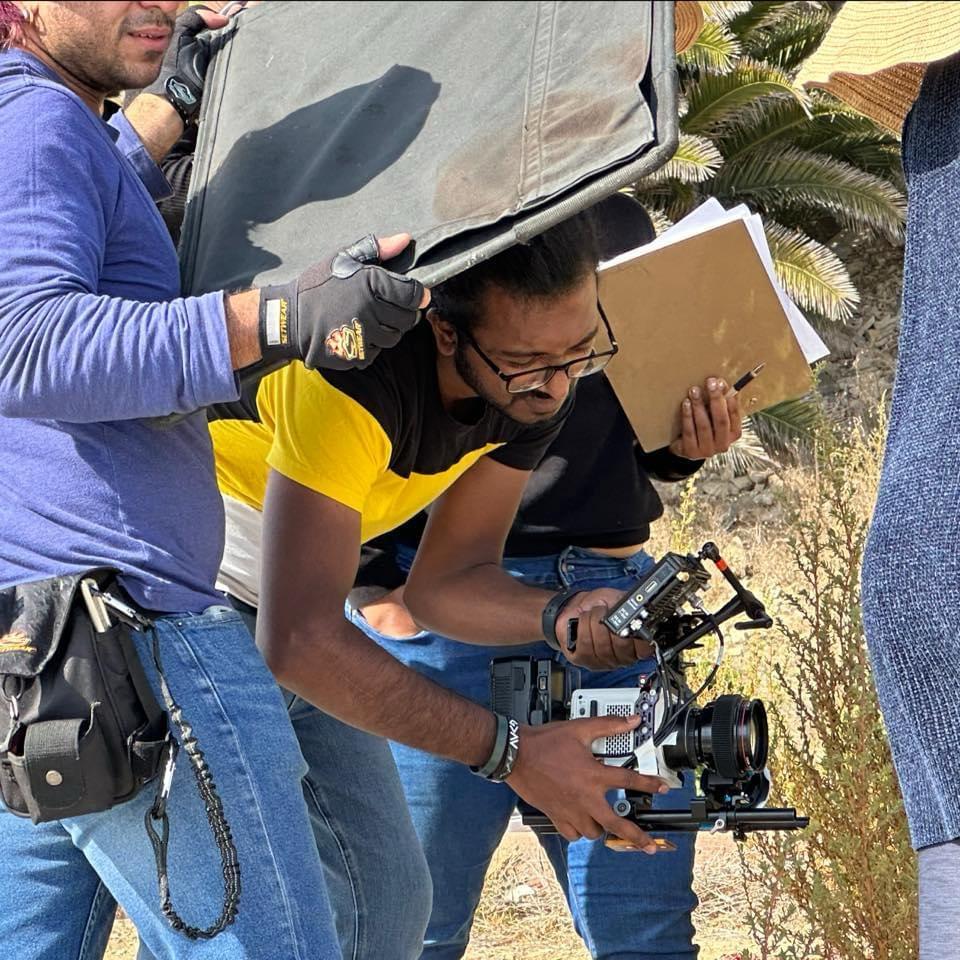We were lucky to catch up with Ajijul Hasan Surzo recently and have shared our conversation below.
Ajijul Hasan, first a big thank you for taking the time to share your thoughts and insights with us today. I’m sure many of our readers will benefit from your wisdom, and one of the areas where we think your insight might be most helpful is related to imposter syndrome. Imposter syndrome is holding so many people back from reaching their true and highest potential and so we’d love to hear about your journey and how you overcame imposter syndrome.
For years, imposter syndrome followed me through every city, every new project. That quiet voice asking: Do you belong? Each move meant starting over – rebuilding connections, proving myself again.
Then came to Los Angeles.
This city changed everything. My networks didn’t fade; they multiplied. No more starting from zero. Now when I direct, shoot, or produce, LA is my anchor – the hub where global collaborations converge.
But the real shift was deeper. I stopped chasing gigs and started creating opportunities for others. Mentoring emerging filmmakers, building teams based on trust – this is where the magic happens. Clients don’t just hire us for results, but for the creative energy we cultivate.
The doubt never fully leaves. But as an LA-based director, DP and producer, I’ve learned: purpose silences insecurity. Every frame I shoot, every artist I mentor, answers that old question.
This city isn’t just where I work. It’s where I found my voice. And the story is just beginning.
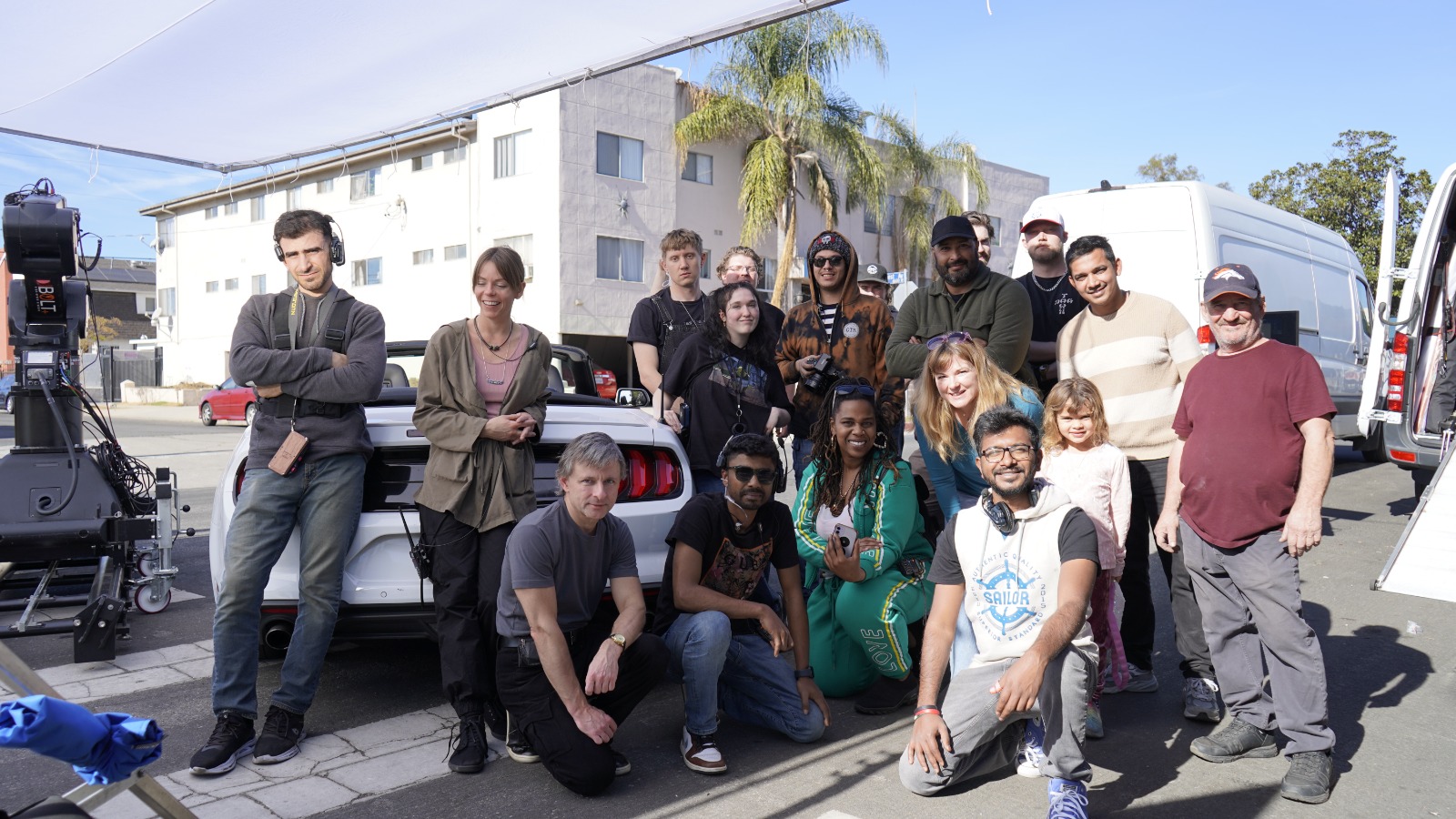
Thanks for sharing that. So, before we get any further into our conversation, can you tell our readers a bit about yourself and what you’re working on?
My journey in film began with mainstream editing, shaping stories that reached millions and attracted partnerships with global brands. The commercial success was clear, but I never made films for money. That was never the dream.
What I truly wanted was creative freedom. The freedom to tell stories that matter, stories that challenge, stories that stay with you long after the credits roll. This conviction led me to become an independent director and producer. I believed that if I served cinema with honesty, recognition would follow. And it did.
Films like Bubbles, Emily’s Nightout, D, The Auxiliary Verb, and Manabi found their audience. They were embraced at festivals like the Dadasaheb Phalke International Film Festival, South Asian Short Film Festival, Chicago Indie Film Awards, and Kolkata International Film Festival. Seeing packed screenings and receiving honors from respected institutions confirmed something important: authentic storytelling still moves people.
I never traded integrity for attention. Instead, I focused on adding depth and meaning to cinema. Today, my work resonates more powerfully than many mainstream projects precisely because it stays true to its purpose.
This is just the beginning. Recognition from the Television Academy’s Director’s Peer Group was humbling, but the real reward is the creative freedom I’ve earned. With it, I’ll continue pushing independent cinema forward while helping new filmmakers find their footing.
Looking ahead, I’m excited about upcoming projects like Fields of Freedom, Call from the 80’s, and an action-adventure film (title to be announced soon). This Bengali-language production will film entirely in the United States, blending cultures and expanding what’s possible in cinema.
Because great filmmaking isn’t about spectacle. It’s about substance. And I plan to keep that truth alive, with honest story .
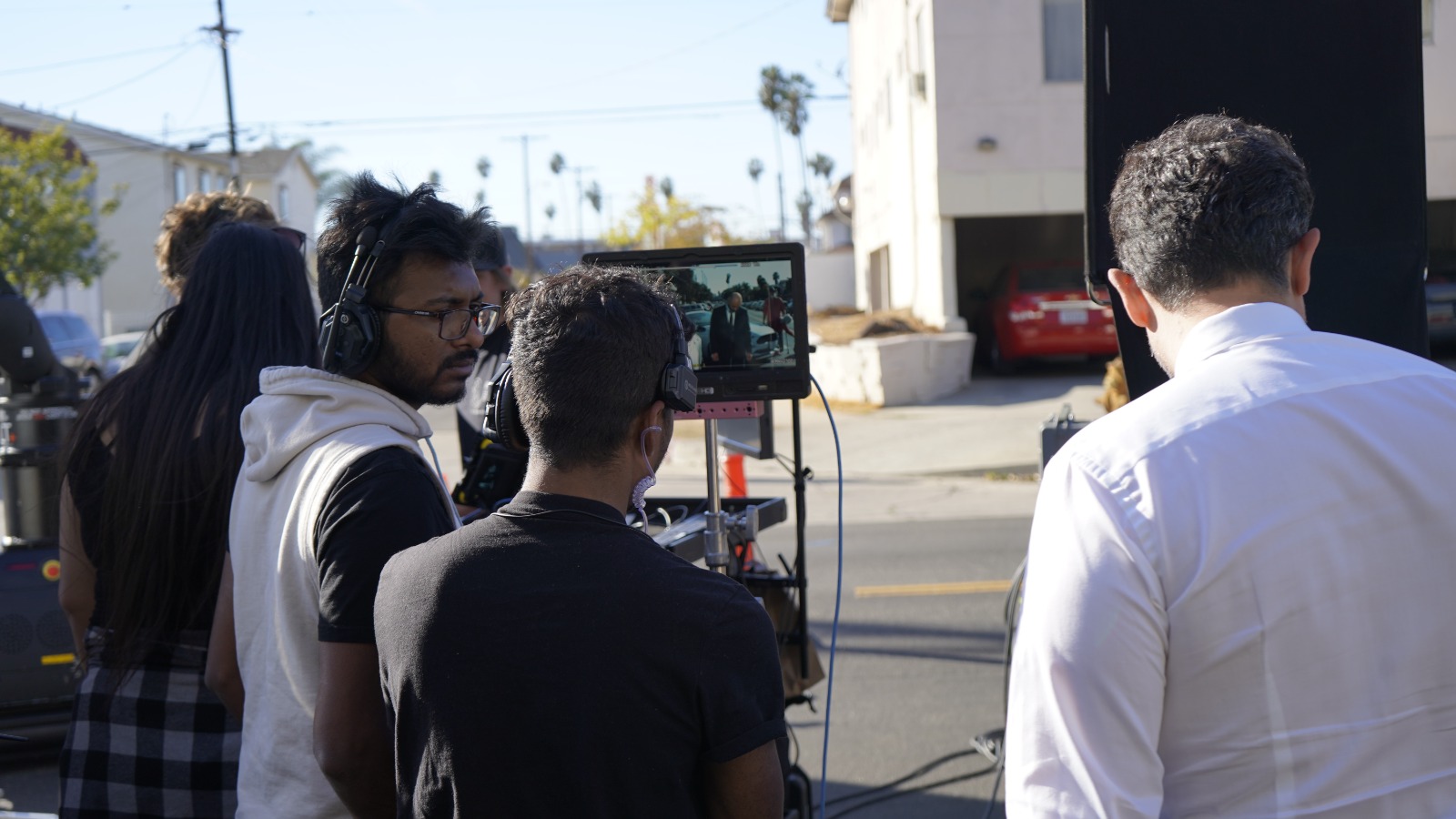
If you had to pick three qualities that are most important to develop, which three would you say matter most?
Looking back at my journey, three things have guided me more than anything else: an instinct for stories that matter, the ability to adapt to any creative challenge, and a deep understanding of different cultures and perspectives.
I’ve always been drawn to stories that push boundaries, even when others doubted their appeal. There’s something powerful about trusting your gut-about believing in an idea so completely that others eventually see it too. That conviction has shaped films people didn’t know they needed until they experienced them.
Technically, I never wanted to be limited. Learning every aspect of filmmaking-editing, producing, directing-wasn’t just practical; it was necessary. When you’re building something independent, you don’t wait for perfect conditions. You create them.
And through it all, working across cultures taught me that the most universal stories come from specific, honest places. That emotional truth is what connects us, no matter where a film screens.
To anyone starting out: stay curious, stay resourceful, but most importantly, stay true to what moves you. Master your craft, listen to the world around you, and trust the stories only you can tell. That’s how lasting work begins.
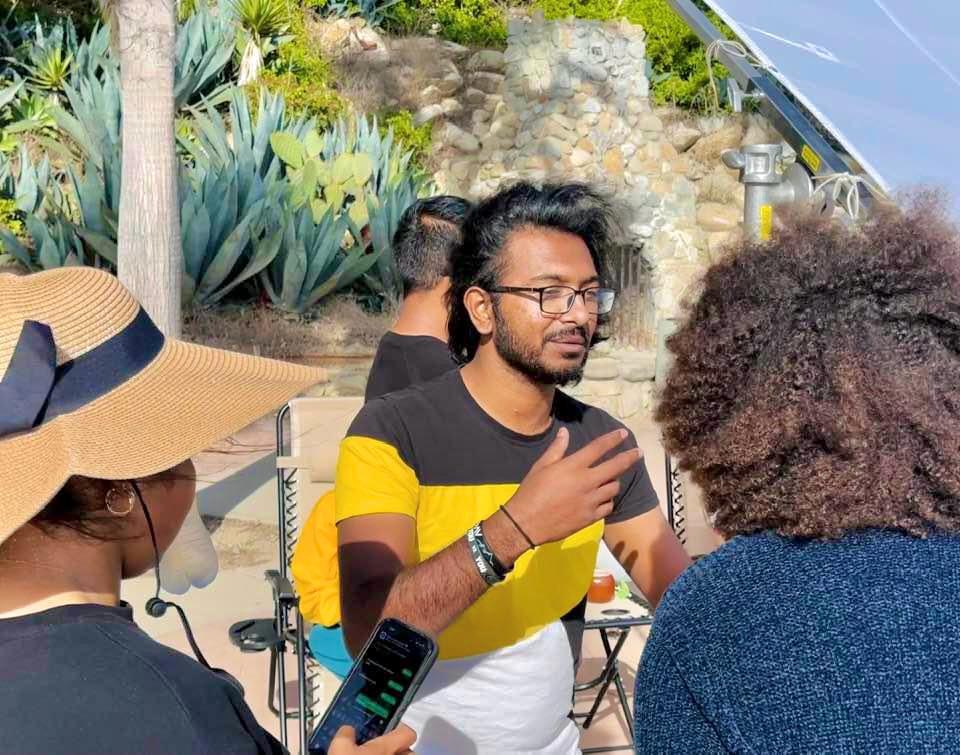
What was the most impactful thing your parents did for you?
My father never gave me a camera. Instead, he taught me important values through early mornings and steady discipline. He helped me build resilience, face rejection with strength, and see the truth behind appearances. Those lessons became my guide. My mother, on the other hand, did everything she could to support my dream. She paid for my film school, bought my first camera, and backed every passion project that others doubted. I was never able to repay her, and honestly, I don’t think I ever will. What she gave me was much more than money or success. Even when relatives doubted her, she kept going. Her strength was quiet yet persistent, turning uncertainty into chances. Today, everything I create is a quiet thank-you, a reflection of their love shown through my work in cinema.
Contact Info:
- Website: https://surzofilmography.com/
- Instagram: https://www.instagram.com/surzoofficial/
- Facebook: https://www.facebook.com/surzoofficial/
- Linkedin: https://surzofilmography.com/
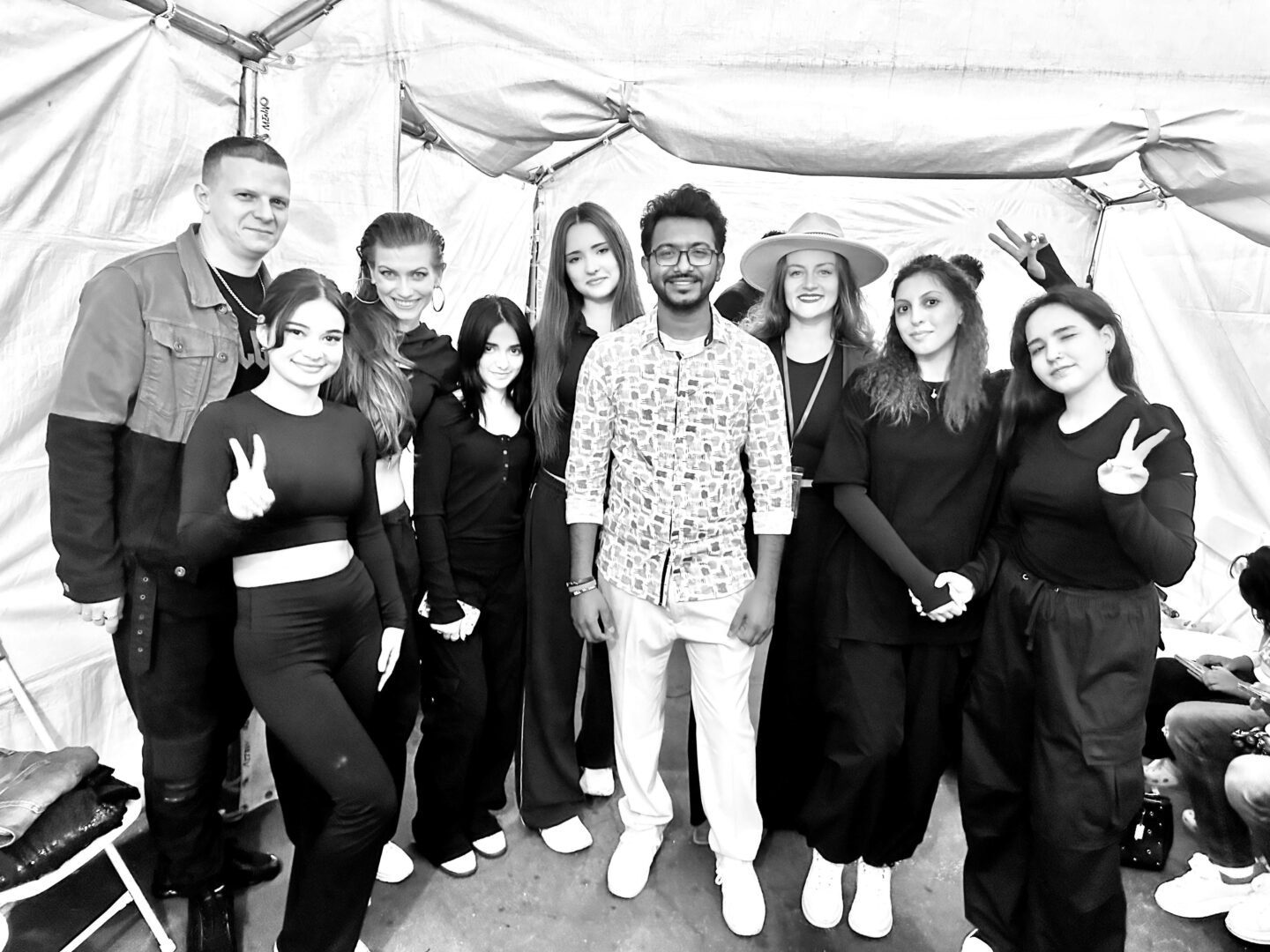
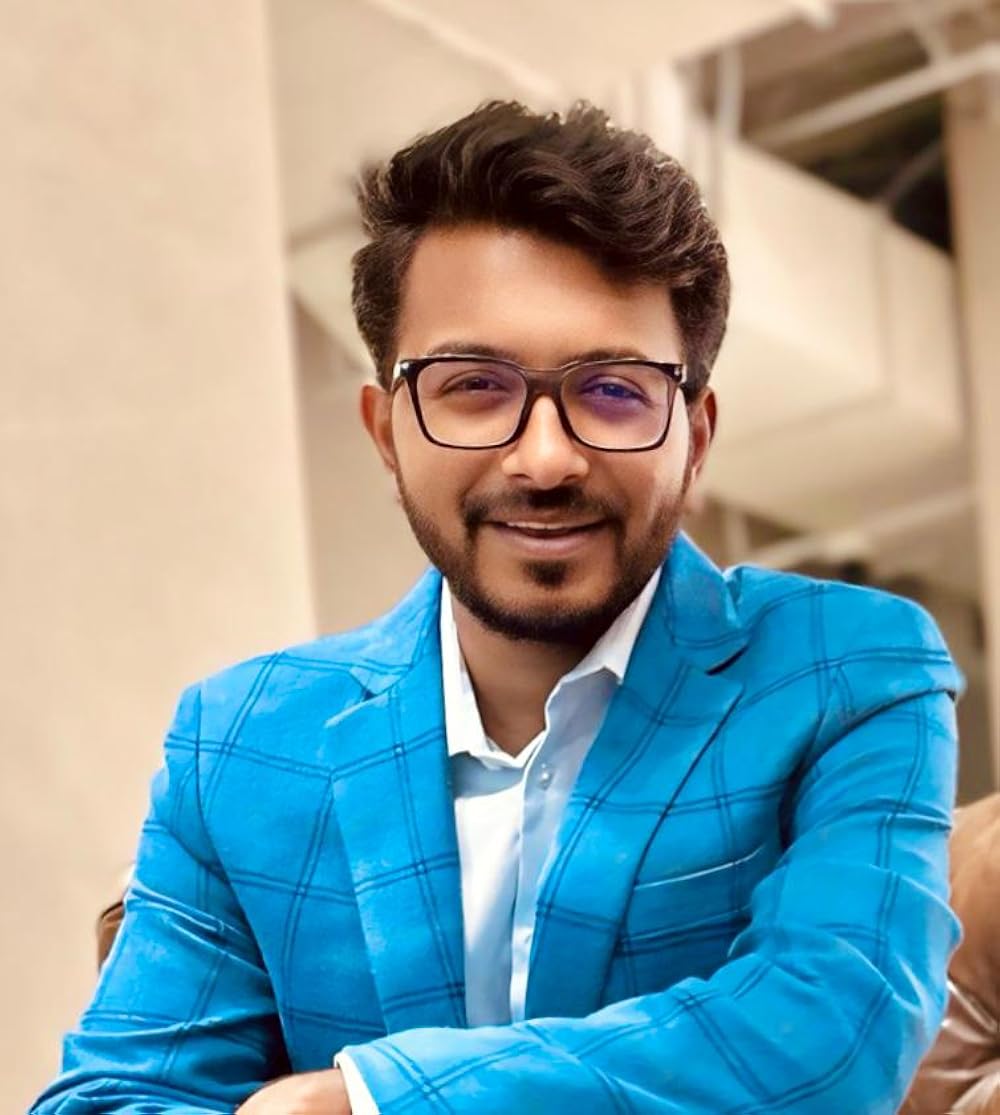
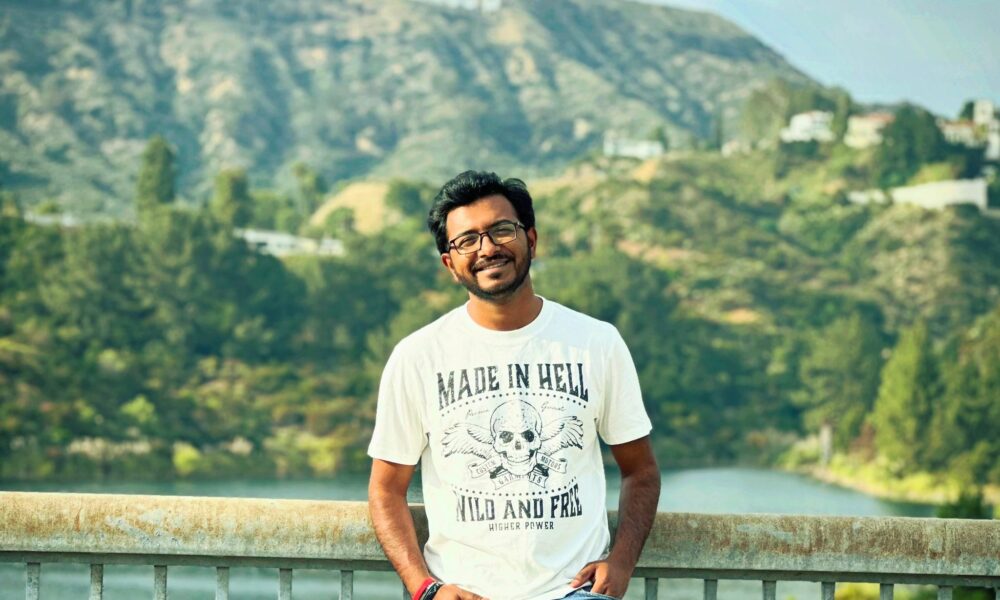
Image Credits
Photo Credit- Craft Films LA
so if you or someone you know deserves recognition please let us know here.

